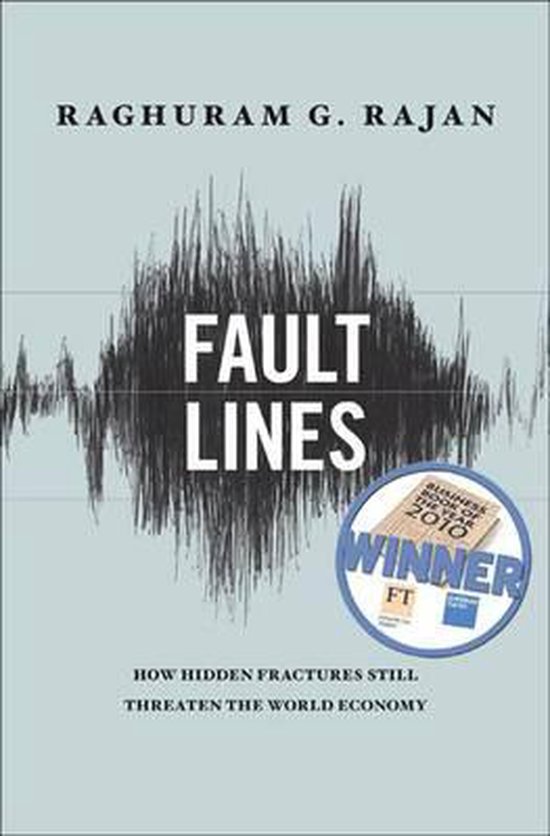
Fault Lines
-
AuteurRaghuram G Rajan
- Uitgeverij-
- Jaar-
In 'Fault Lines', Raghuram G Rajan delves deep into the underlying causes of the financial crisis that shook the world in 2008. With a keen analytical eye, Rajan, a former chief economist at the International Monetary Fund, identifies the fault lines in the global economy that made it vulnerable to collapse. The book explores how income inequality, political pressures, and flawed financial systems contributed to the crisis. Rajan argues that these fault lines continue to threaten global economic stability, offering a provocative analysis of the challenges facing the world economy. His insights are grounded in extensive research and a deep understanding of economic principles, making 'Fault Lines' a must-read for anyone interested in the forces shaping our economic future.